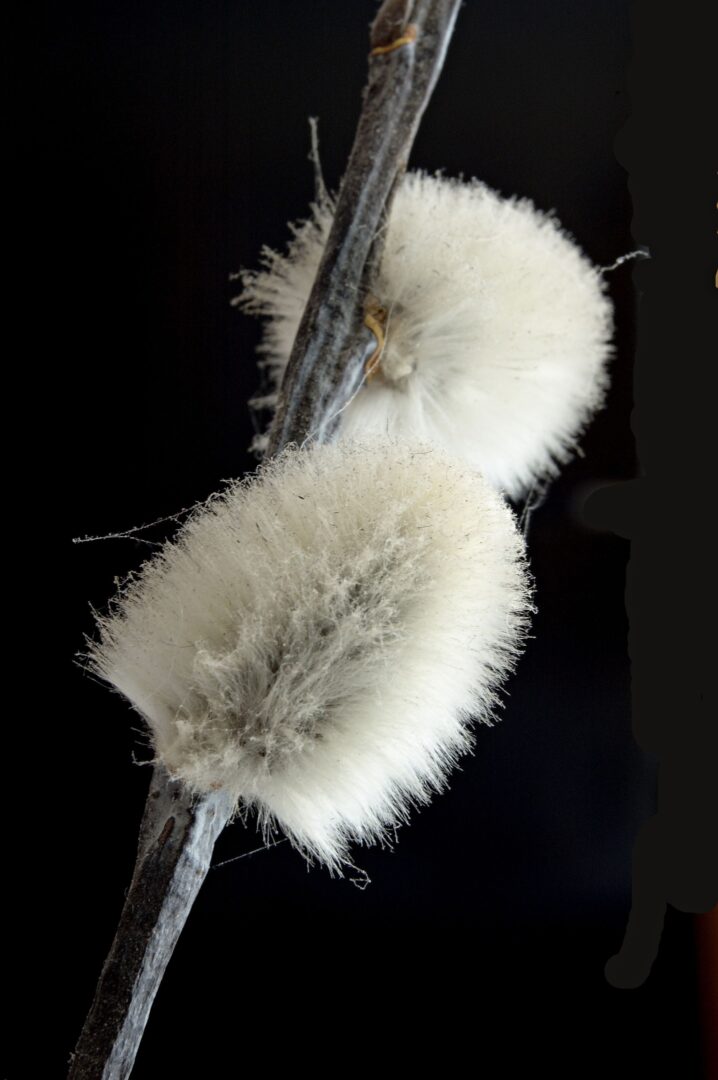Some days I feel beautiful. Well, not beautiful in an outward Meryl Streep radiance, but beautiful in the Eastern Buddhist realm: living in my own skin, at peace with myself, not wanting to be any other woman, inside or out. It is the love I hoped to get from daddy in my childhood, struggled for and suffered to win for half my life that now flows so easily. Although I am half a head taller than my husband, have dinosaur-size feet and am 15 years his senior, we are soul mates. It doesn’t matter that I’m not young, toned or petite.
When I was a teenager, I thought the reason I never got the guy was because I wasn’t small enough to fit into his pocket. I had brillo Russian hair that broke all my combs and brushes, leaving me in tears. This was before hair softener was invented. I had acne, never knew what to say to boys and was as long and thin as a folded beach chair. I was an ostrich; a big bird with my head in the ground. The only teenage friend I had was Sandy. A wild girl from Bay Ridge with over-bleached blond hair and too much makeup who got pregnant while we were best friends. It must have been one of the Frank Sinatra gang.
Every Friday night, we rode the D train from Brighton Beach at the water’s edge to Cortelyou Road, in Flatbush, eagerly stepping down into a windowless basement clubhouse of brown vinyl siding and over-filled ashtrays. All the members of this secret asylum thought they were Frank Sinatra. Every guy was wrapped in a long, beige raincoat, sporting a black fedora over one eye. On the turn-table the Sultan of Swoon was singing romantic ballads and jazzy tunes over and over on a 78 RPM.
I can still recite all the words to all the songs, in sequence, on the “Songs for Swingin’ Lovers” LP, “On the Road to Mandelay,” “All the Way” and “Come Fly With Me.” I don’t remember any ring-a-ding action in the back room. Just sipping cokes and lip syncing while about 20 Frank Sinatras chain smoked and looked loopy, flying and flinging their raincoats around like Chagall matadors in that chilly, run-down basement in Brooklyn. During that cold gray winter, Sandy suddenly left to live in a convent and wrote me letters about the nuns and the crosses over the beds. She never told me she got knocked up, but why else would a 17-year-old Jewish girl retreat to a nunnery in 1960?
When I told my mother I was moving into Manhattan at 23, she pleaded with me to stay home by the salty benches in Brighton Beach, offering me cab fare back home after my evenings out in “the city.” It was 1966 and the sexual revolution was oozing everywhere. I got on the pill and threw myself at noire young men at Max’s Kansas City on Union Square, where Warhol and the Velvet Underground made history. These stags were tall, lean, long-haired, pale creatures who lived bohemian lives as painters and performance artists. They were happy to have me in their edgy lofts, on pull out couches and dusty plank floors. I thought I would feel beautiful at last. But they didn’t want me any more than my father did. I mistook sex for intimacy. The cycle of exhilaration and abandonment left me less beautiful than ever.
In my desire to be loved I mirrored some of the persona of my father. I was loud, funny and crazy. Men would travel from one end of a restaurant to another following my laugh. I would rattle my skeleton in a semi-drunk or stoned state of dark mirth. Any man who dared to enter my Greenwich Village studio would get clawed by my biting sarcasm, my bitchy wit, my one-woman show. I was Tallulah, Bette and Crawford. I went to therapy and found out I was angry. I became a self-help junkie in this new exploratory movement of the ’70s, called the “me“ decade. In poetry therapy I produced reams of “daddy” poems. In Gestalt I sat in a “hot seat” and became all the people and objects of my dreams. Primal therapy had me curled in a fetal position regressing and screaming. The pop culture of humanistic psychology took me to conventions around the country where I sat in circles with other nomads in search of self.
This interior work culminated one winter eve in my walking up a craggy mound to a cemetery in Vermont, visualizing my father’s grave. Under a cold moon, as tears welled and fell onto the snowy grave, I cried out, “Daddy, I forgive you!” This absolution opened up a space in my heart for love to enter. I met my husband shortly after, in 1987. Although we are both Jewish, we found each other at the Middle Collegiate Church in the East Village at a gospel service on Martin Luther King Day. Where other men were hip and distant he is warm and present. When he holds me, I am the eye in the ’70s ojo de dias – the center of a colorful, spiritual mandala. I grew calm and less funny. Good-bye, drama queen. The bitch vanished. I became ordinary. I am ordinary and loved and beautiful.
***
Lee Schwartz is a New York and Berkshire based poet. Her latest work appears in TRANS BODIES, TRANS SELVES, 2014, Oxford Press. Also being released, Poetry Saved My Life by Trigger Point Press and On Fire, Bard College, where many of her poems appear. Lee has been a winner of the Paterson Literary Review Prize. She has served as an Artist in Residence at the 92nd St. Y in New York City, as well as participating in the Berkshire Festival of Women Writers.


